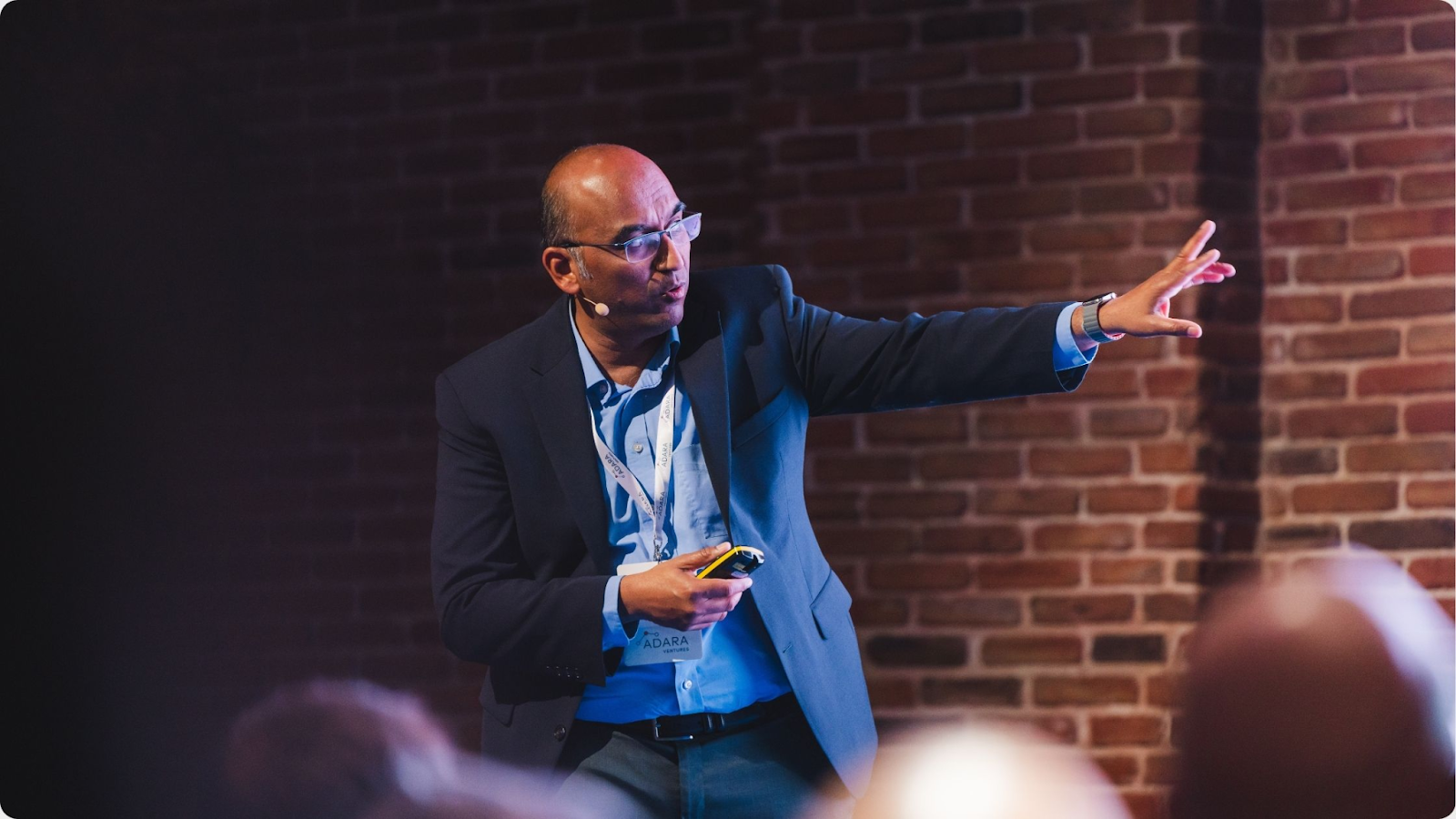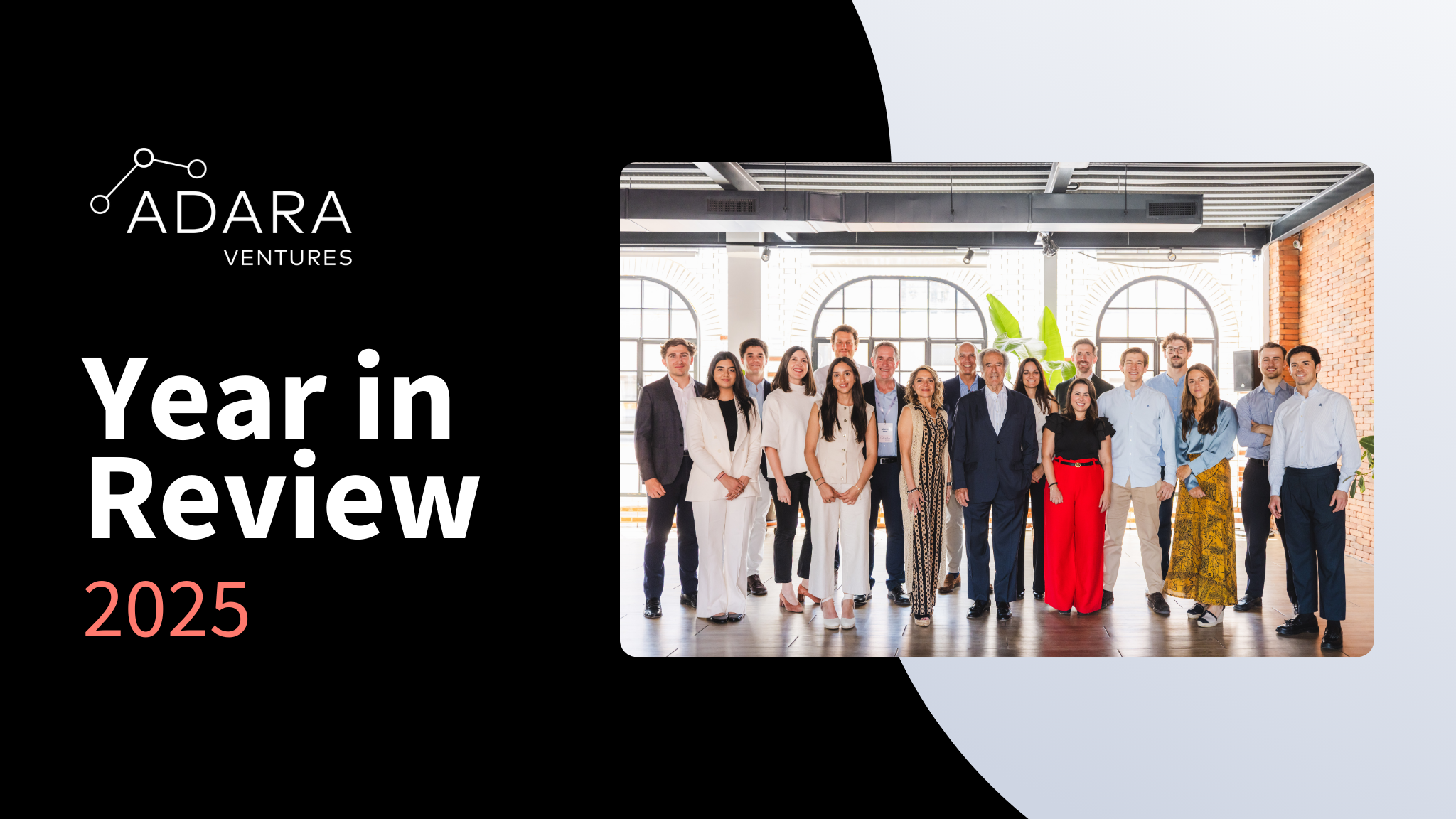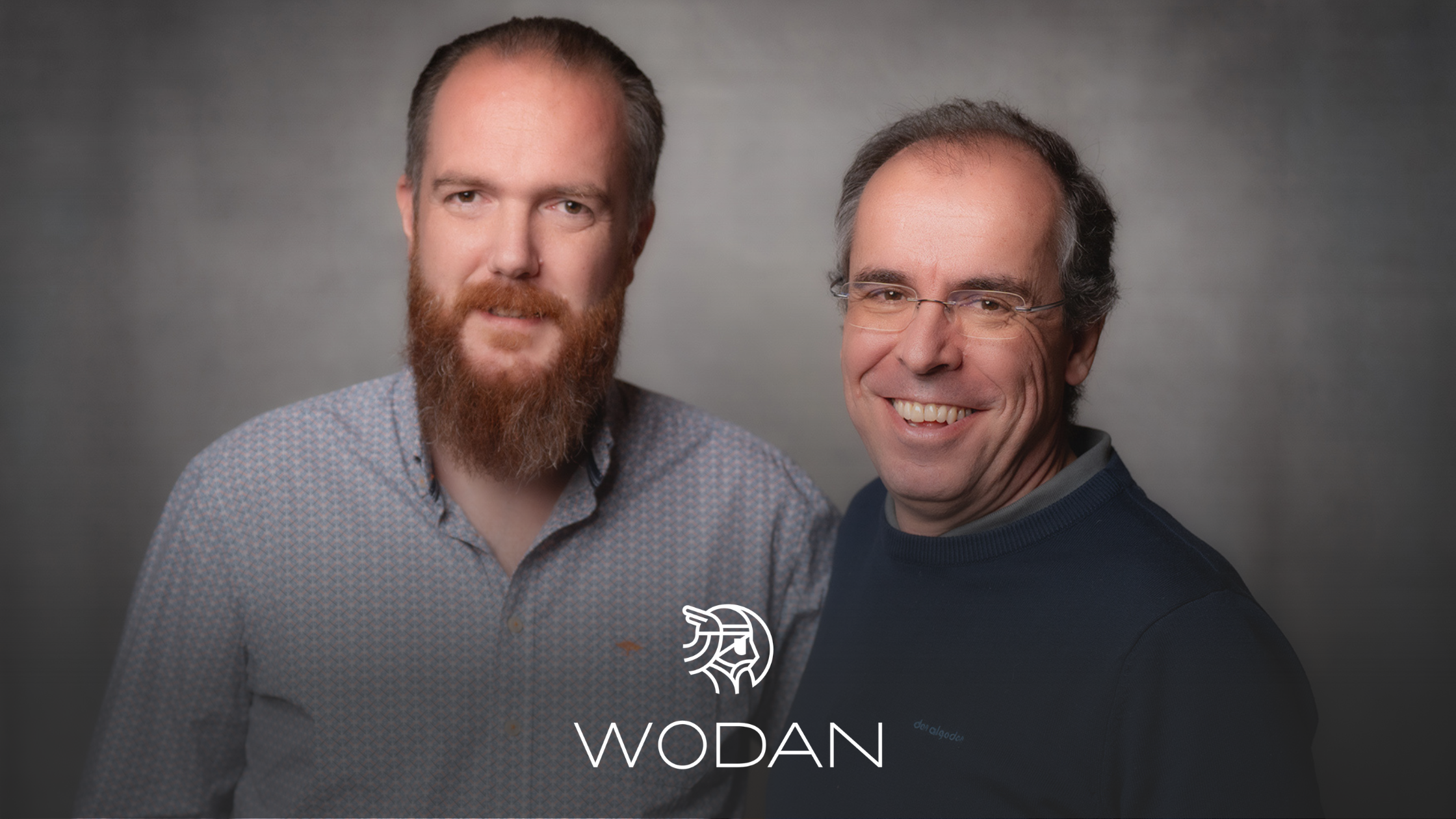Quibim: A year of breakthroughs in AI medical imaging

X-rays, magnetic resonance imaging (MRI), ultrasounds, PET scans, and other types of imaging methods play a crucial role in diagnosing and monitoring diseases.
However, properly analysing these scans is still highly dependent on humans. What's more, as imaging technology continues to advance – with 3D capabilities and higher pixel and spatial resolution – it is becoming increasingly complex for radiologists to deal with the explosion of medical imaging data.
According to McKinsey research, 9 out of 10 radiologists reported an increased workload over the last year, and more than a quarter said the increase was greater than 20%.
Founded in 2012 and spun out of La Fe Health Research Institute in Valencia, Spain, Quibim is a fast-growing biotechnology company that has developed powerful AI-driven solutions to help automate and improve medical imaging and disease detection processes.
Creating the world’s largest biobank of medical images
We first partnered with Dr. Angel Alberich-Bayarri and the Quibim team in 2020 as they were doubling down on product development and starting their international expansion.
Since then, Quibim has partnered with leading radiologists, hospitals, and top-tier biopharma companies across Europe and the US, achieving 5X revenue growth in 2022 alone. With offices and subsidiaries across Spain, New York (USA), and Cambridge (UK), Quibim is now a global leader in medical imaging analysis.
Quibim’s AI platform provides more than 24 algorithms to recognize complex patterns in imaging data and provide quantitative, rather than qualitative, assessments for a range of conditions, including cancer, Alzheimer’s, osteoarthritis, liver disease, and even COVID-19.
Additionally, Quibim’s award-winning, AI-based medical devices (such as QP-Prostate® and QP-Brain®) are reducing the workloads of healthcare professionals by independently performing detailed analysis and comparison of medical images, and then automatically and accurately pre-populating radiological reports.

The next great challenge is to create the world’s largest biobank of medical images – a universal, centralised repository of images that can be classified according to different variables, such as pathology, anatomical region, and even the technique used to obtain the images.
The company has already created a repository of more than 10 million anonymized medical images that it uses to develop and train its AI models for automated analysis of imaging biomarkers.
Today more than 70 hospitals and 11 clinical trials around the world use Quibim’s platform to improve the accuracy and efficiency of their radiology teams. In hospitals specifically, Quibim helps minimise misdiagnosis due to human error and the need for re-examinations.
Quibim is also working with an increasing number of biopharma companies seeking an imaging strategy. Combined with AI techniques, Quibim’s imaging solutions can help identify the right candidates for clinical studies, predict which patients will respond to a drug, detect at-risk patients, and accelerate drug development programs.
The company has already partnered with top biopharma companies, including Merck Serono, Novartis, and Janssen.
The future of preventive medicine

Over the next five years, Quibim aims to introduce significant improvements in the care of thousands of patients – especially children – through virtual biopsy diagnostics.
“We hope to be able to monitor patients closely, with a high degree of accuracy and without the need for a highly invasive procedure, avoiding hospital surgeries and the hassle of testing. This is the case of children, who for ethical reasons cannot undergo a standard biopsy, or in certain lung cancers, whose location makes diagnosis complicated,” says Ángel.
Quibim also sees the future in human digital twins.
“Our current healthcare model is reactive. Patients are treated when they are sick. We have projects where our goal is to try to anticipate symptoms using a digital twin, to monitor the inside of the human body when we are healthy, and to be able to have information and a model about the age of each organ, preventing possible diseases.”

We are in the middle of a true digital transformation of the health industry, with AI accelerating improvements in clinical data collection and analysis, staff productivity and, ultimately, patient outcomes. We are proud to continue supporting Quibim as they develop breakthrough solutions to solve the biggest challenges in disease detection and diagnosis.
Learn more about Quibim: https://quibim.com









.svg)


